overall vitality
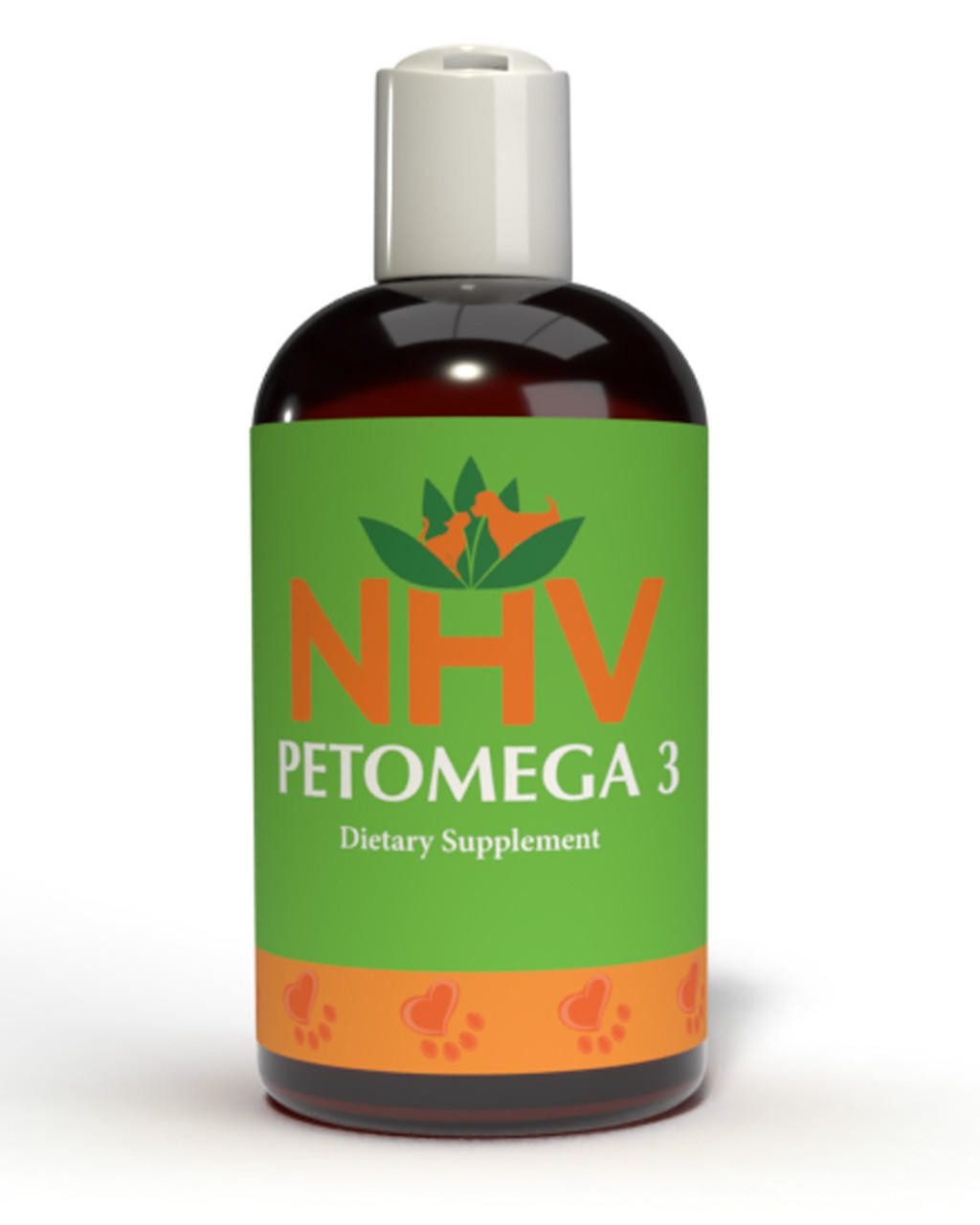
free shipping over $100 (USA & Canada)
1-877-937-4372 the pet expert hotline
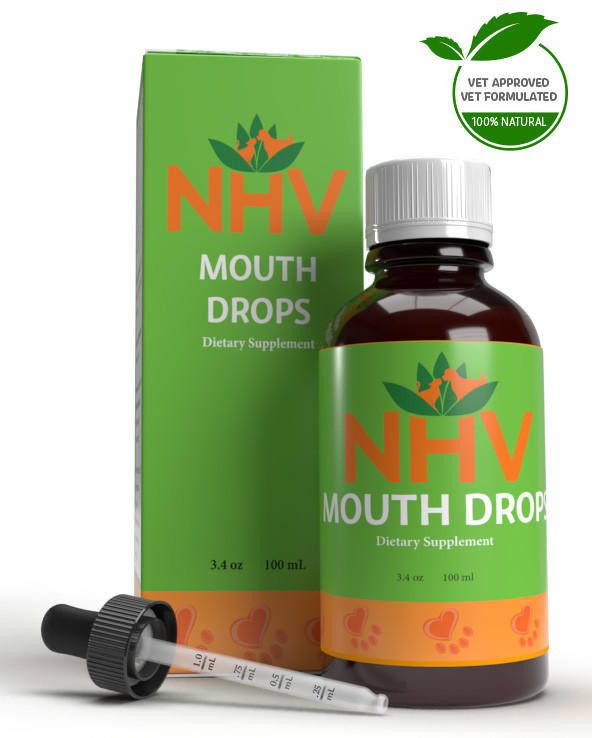
Holistic Support for Gingivitis, Gum Disease & Periodontal Disease in Dogs

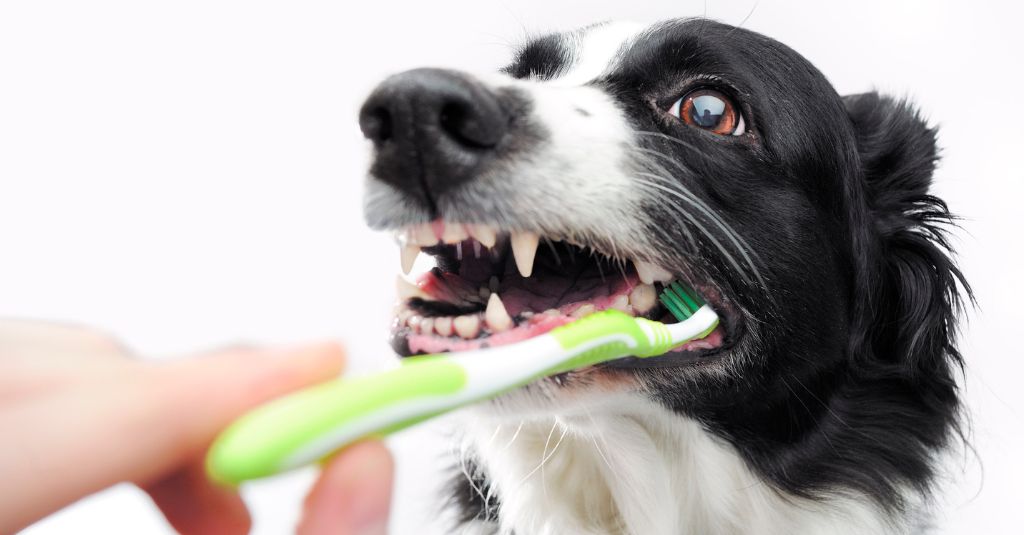
There’s more to pet dental health than shiny white teeth and fresh breath. After your furkiddo eats, some leftovers can deposit and build up between the teeth. If this food is not removed, it opens the door for bacteria to grow and cause something as simple as bad breath or as severe as stomatitis. Therefore, dog and cat teeth cleaning at home can go a long way toward proactive support against dental diseases.
Gingivitis, inflammation, and bad breath are only a few of the complications that can result from a lack of dental hygiene, care, and prevention. It all starts with tartars! Considered the tip of the iceberg, they are formed from the bacteria that accumulate in the gum line. They start off as bacterial plaques, which are soft deposits. Over time, these plaques become more rigid and turn into tartar.
Mouth Drops works similarly to mouthwash for humans and should be used with regular teeth brushing.
In addition to having bad breath, the lack of dog and cat teeth cleaning can also lead to abscesses, gum infections, and tooth loss. Improper dental hygiene can get even worse when bacteria penetrate the bloodstream. This can generate inflammation in other organs, such as the heart, kidneys, liver, and lungs.
NHV Mouth Drops can be a great addition to your little one’s oral hygiene regimen. This herbal oral disinfectant aids in eliminating bad breath and gingivitis. Mouth Drops can also help combat bacterial infections of the mouth and guard against tooth decay and plaque.
In any case, brushing should be a habit introduced when your pup or kitty is still young. We recommend using a vet-approved toothbrush, which is efficient yet gentle. Brushing your dog or cat’s teeth once a day or at least three times a week would be best. Long periods without brushing your furkiddo’s teeth can cause plaque to build up, making the removal more difficult.
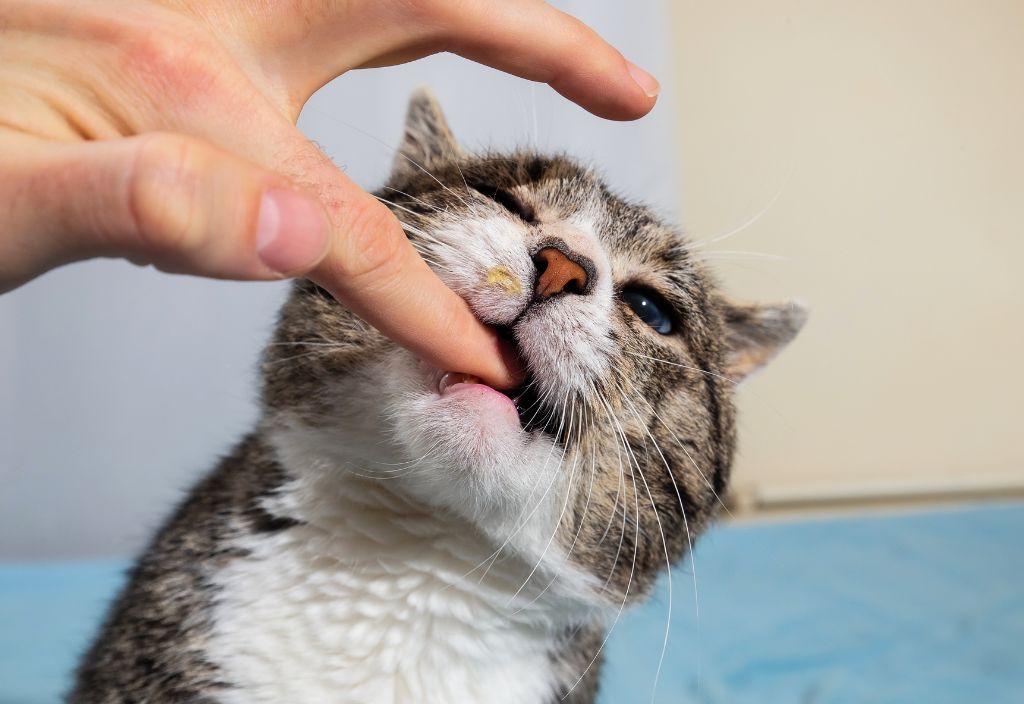
We are constantly inspired by how the furmilies we help go above and beyond for their little ones. But sometimes, even the pet parents with the best intentions can make mistakes when caring for their little one’s oral health. And the first step to fixing these issues is educating yourself on simple ways to implement dog and cat teeth cleaning and overall oral hygiene at home.
We hope this has been helpful! Thank you so much for always prioritizing your little one’s health and wanting to be hands-on with their oral care. Please know that the pet experts and I are always here to answer any questions you may have. Not only about dental health, but anything related to your furkiddo.
overall vitality

For Overall Health and Well-Being
buy 2 and save $3
An Omega 3 supplement for cats to support their joints, heart, eyes, immune system, and overall organ function.

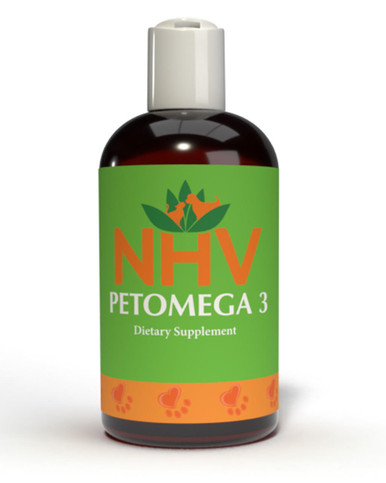
An Omega 3 supplement for cats to support their joints, heart, eyes, immune system, and overall organ function.

Our cat omega 3 supplement is naturally made from the oils of sardines, anchovies, and North Atlantic cod. It’s an excellent source of EPA (Eicosapentaenoic Acid 600mg) and DHA (Docosahexaenoic acid 460mg) essential omega 3 fatty acids. It’s molecularly distilled and cold-pressed to improve the bioavailability
Support your cat with human-grade quality omega 3 fish oil supplements. Many processed pet foods are deficient in this important nutrient. And according to the University of Maryland Medical Center, "It is very important to maintain a balance between omega-3 and omega-6 fatty acids in the diet. A proper balance helps maintain and even improve health."
It’s important for cats to get essential fatty acids through their diet. This omega 3 supplement for cats will help keep them healthy, and even finicky cats actually like to take it.
Benefits of Cat omega 3 supplements:
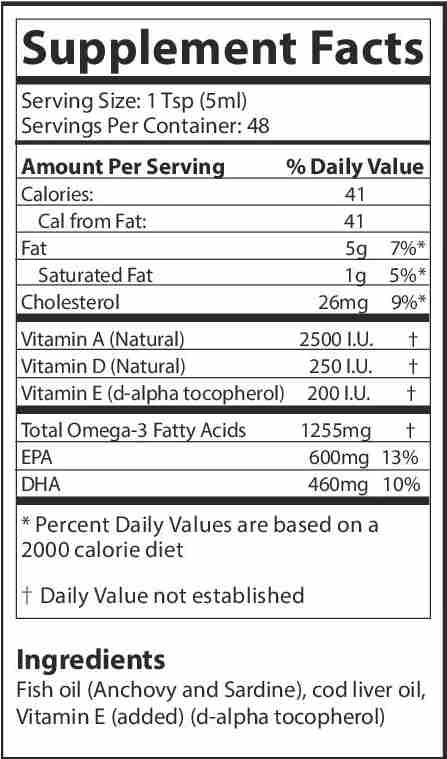
Suggested Dosage: To be taken once per day. Add to food based on weight chart.
Therapeutic Dosage: Double the quantity for maximum period of 4 weeks or follow veterinarian advise.
Pet’s Weight Dosage
0-15 lb = ¼ tsp
15-30 lb = ½ tsp
30-60 lb = 1 tsp
60-90 lb = 1 ½ tsp
How to Administer: Shake well before use. The easiest method is to add the dosage to your pets food. Some pets can be finicky, if this occurs consider hiding the appropriate amount in food most pet’s love such as fish, chicken, yogurt, or a favorite treat. If your pet only eats dry food then soak kibbles at feeding time.
For Best Results
Dietary supplements are beneficial to the health and well-being of your pet and are safe for long-term use. Every pet responds to natural supplements differently, therefore it is important to be consistent and administer the product daily. Supplements generally take two to four weeks to take effect, however this will vary from one animal to the next.
Product Storage
All NHV Natural Pet Products contain no artificial additives, preservatives or coloring. Shelf life after opening is 6 months and must be refrigerated after opening.
Cautions and Contraindications
Avoid During Pregnancy.
Our cat omega 3 supplement is naturally made from the oils of sardines, anchovies, and North Atlantic cod. It’s an excellent source of EPA (Eicosapentaenoic Acid 600mg) and DHA (Docosahexaenoic acid 460mg) essential omega 3 fatty acids. It’s molecularly distilled and cold-pressed to improve the bioavailability
Support your cat with human-grade quality omega 3 fish oil supplements. Many processed pet foods are deficient in this important nutrient. And according to the University of Maryland Medical Center, "It is very important to maintain a balance between omega-3 and omega-6 fatty acids in the diet. A proper balance helps maintain and even improve health."
It’s important for cats to get essential fatty acids through their diet. This omega 3 supplement for cats will help keep them healthy, and even finicky cats actually like to take it.
Benefits of Cat omega 3 supplements:

Suggested Dosage: To be taken once per day. Add to food based on weight chart.
Therapeutic Dosage: Double the quantity for maximum period of 4 weeks or follow veterinarian advise.
Pet’s Weight Dosage
0-15 lb = ¼ tsp
15-30 lb = ½ tsp
30-60 lb = 1 tsp
60-90 lb = 1 ½ tsp
How to Administer: Shake well before use. The easiest method is to add the dosage to your pets food. Some pets can be finicky, if this occurs consider hiding the appropriate amount in food most pet’s love such as fish, chicken, yogurt, or a favorite treat. If your pet only eats dry food then soak kibbles at feeding time.
For Best Results
Dietary supplements are beneficial to the health and well-being of your pet and are safe for long-term use. Every pet responds to natural supplements differently, therefore it is important to be consistent and administer the product daily. Supplements generally take two to four weeks to take effect, however this will vary from one animal to the next.
Product Storage
All NHV Natural Pet Products contain no artificial additives, preservatives or coloring. Shelf life after opening is 6 months and must be refrigerated after opening.
Cautions and Contraindications
Avoid During Pregnancy.
hairball support
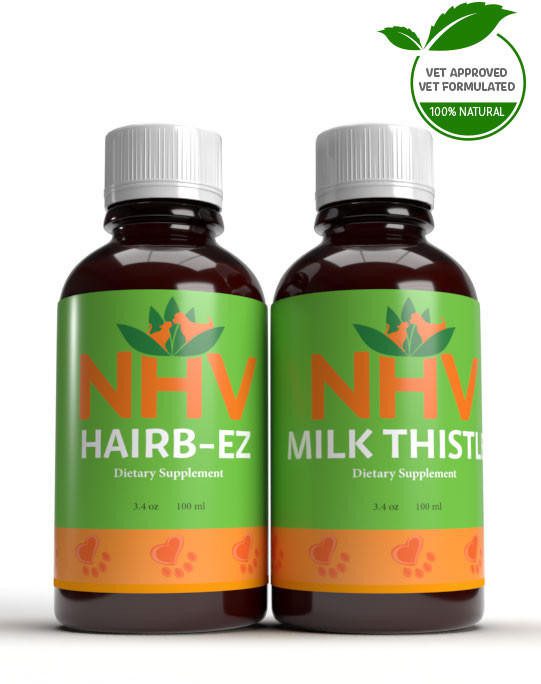
Natural Support for Hairballs and Digestive Health
bundle and save with pet expert kits
3 month supply for a small to medium size pet.
If your sweet fur baby is throwing up hairballs, there may be more going on than you may think. Left untreated, hairballs can affect other organs like the liver and kidneys. Give your little one the full support they need with NHV’s Hairball control kit.

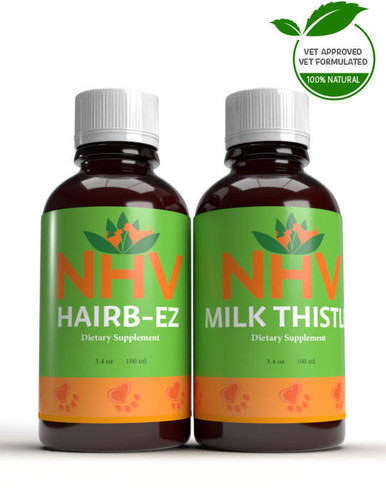
If your sweet fur baby is throwing up hairballs, there may be more going on than you may think. Left untreated, hairballs can affect other organs like the liver and kidneys. Give your little one the full support they need with NHV’s Hairball control kit.

Did you know that your furkiddo spends 30% of their waking life grooming? And because of their natural habit, they tend to swallow a lot of hair! Long haired cat breeds like Main Coons, Persians, and Ragdolls are more likely to develop hairballs than their short-haired meow-sins; however, all cats can get them. If the ingested hair cannot get past your kitty's stomach and small intestine, then a hairball will form. NHV Hairball Control Kit contains Hairb-Ez, which helps to dissolve hair buildup, soothe inflammation along the GI tract and improve the motility of undigested matter, while Milk Thistle helps with detoxification, reducing oxidative stress on the liver, and supporting healthy kidney/gallbladder function.
The hacking sound of your kitty retching is pretty unpleasant to witness for any pet parent, but hairballs are a side effect of your cat's constant grooming. Suppose your furry friend is throwing up a hairball more than once a month. In that case, there may be something more serious going on like intestinal motility problems, skin issues, abdomen issues, urinary tract problems, or musculoskeletal concerns. When your kitty is grooming, their tongue is barbed (like a miniature brush), moving loose hair down their throat. Typically, this ingested hair passes through their GI tract and into their litter box. Sometimes, however, the hair can get stuck in their stomach, and they throw this up as hairballs. Hairballs become a problem when your kitty's digestive system can't move the hair through the stomach and intestinal tract at an average speed, leading to a possible blockage and issues with other organs. NHV Hairball Control Kit contains Hairb-Ez and Milk Thistle to help support your kitty's digestive health, organ health and to help pass hairballs naturally.
Hairball Control Kit is a natural healthcare support that aids with dissolving hairballs, improving GI tract health as well as support detoxification and immune function. These liquid supplements with high bioavailability are safe and effective to use alongside other hairball treatments.
At NHV, we are a team of pet experts, vets, and animal lovers. Get in touch with us if you have any questions or concerns about your kitty's unique health concerns.
Made with the finest, organically grown, or ethically harvested herbs. Made specifically for pets, vet-formulated and vet approved.
Hairb-Ez
Milk Thistle
Select your pet's weight to determine the correct dose.
To be taken twice daily. Determine your pet’s weight and then use the easy chart below to determine the correct dose. This is the minimum dosage.
Pet's Weight Dosage
0 - 15 lb = 0.5 ml
16 - 30 lb = 1.0 ml
31 - 45 lb = 1.5 ml
46 - 60 lb = 2.0 ml
61 - 75 lb = 2.5 ml
Over 75 lb = 3.0 ml
For rabbits: 0.5 ml twice a day
How to Administer
Shake well before use. The easiest method is to use the dropper provided and place the drops into your pet’s food or favorite treat. You can also use the dropper and squirt directly into the pet’s mouth. Some pets can be finicky, if this occurs consider hiding the drops in foods most pet’s love such as fish, chicken or yogurt or a favorite treat. If your pet only eats dry food then soak a few kibbles at feeding time.
For Best Results
Herbal dietary supplements are beneficial to the health and well-being of your pet and are safe for long-term use. Every pet responds to natural herbal supplements differently, therefore it is important to be consistent and administer the product daily. Supplements generally take two to four weeks to take effect, however this will vary from one animal to the next.
Product Storage
All NHV Natural Pet Products are pure herbal extracts and contain no artificial additives, preservatives or coloring. Shelf life after opening is 6 months and must be refrigerated after opening.
Cautions and Contraindications
Do not use in pregnant or nursing animals.
All information provided by NHV Natural Pet Products is for educational purposes only.
Did you know that your furkiddo spends 30% of their waking life grooming? And because of their natural habit, they tend to swallow a lot of hair! Long haired cat breeds like Main Coons, Persians, and Ragdolls are more likely to develop hairballs than their short-haired meow-sins; however, all cats can get them. If the ingested hair cannot get past your kitty's stomach and small intestine, then a hairball will form. NHV Hairball Control Kit contains Hairb-Ez, which helps to dissolve hair buildup, soothe inflammation along the GI tract and improve the motility of undigested matter, while Milk Thistle helps with detoxification, reducing oxidative stress on the liver, and supporting healthy kidney/gallbladder function.
The hacking sound of your kitty retching is pretty unpleasant to witness for any pet parent, but hairballs are a side effect of your cat's constant grooming. Suppose your furry friend is throwing up a hairball more than once a month. In that case, there may be something more serious going on like intestinal motility problems, skin issues, abdomen issues, urinary tract problems, or musculoskeletal concerns. When your kitty is grooming, their tongue is barbed (like a miniature brush), moving loose hair down their throat. Typically, this ingested hair passes through their GI tract and into their litter box. Sometimes, however, the hair can get stuck in their stomach, and they throw this up as hairballs. Hairballs become a problem when your kitty's digestive system can't move the hair through the stomach and intestinal tract at an average speed, leading to a possible blockage and issues with other organs. NHV Hairball Control Kit contains Hairb-Ez and Milk Thistle to help support your kitty's digestive health, organ health and to help pass hairballs naturally.
Hairball Control Kit is a natural healthcare support that aids with dissolving hairballs, improving GI tract health as well as support detoxification and immune function. These liquid supplements with high bioavailability are safe and effective to use alongside other hairball treatments.
At NHV, we are a team of pet experts, vets, and animal lovers. Get in touch with us if you have any questions or concerns about your kitty's unique health concerns.
Made with the finest, organically grown, or ethically harvested herbs. Made specifically for pets, vet-formulated and vet approved.
Hairb-Ez
Milk Thistle
Select your pet's weight to determine the correct dose.
To be taken twice daily. Determine your pet’s weight and then use the easy chart below to determine the correct dose. This is the minimum dosage.
Pet's Weight Dosage
0 - 15 lb = 0.5 ml
16 - 30 lb = 1.0 ml
31 - 45 lb = 1.5 ml
46 - 60 lb = 2.0 ml
61 - 75 lb = 2.5 ml
Over 75 lb = 3.0 ml
For rabbits: 0.5 ml twice a day
How to Administer
Shake well before use. The easiest method is to use the dropper provided and place the drops into your pet’s food or favorite treat. You can also use the dropper and squirt directly into the pet’s mouth. Some pets can be finicky, if this occurs consider hiding the drops in foods most pet’s love such as fish, chicken or yogurt or a favorite treat. If your pet only eats dry food then soak a few kibbles at feeding time.
For Best Results
Herbal dietary supplements are beneficial to the health and well-being of your pet and are safe for long-term use. Every pet responds to natural herbal supplements differently, therefore it is important to be consistent and administer the product daily. Supplements generally take two to four weeks to take effect, however this will vary from one animal to the next.
Product Storage
All NHV Natural Pet Products are pure herbal extracts and contain no artificial additives, preservatives or coloring. Shelf life after opening is 6 months and must be refrigerated after opening.
Cautions and Contraindications
Do not use in pregnant or nursing animals.
All information provided by NHV Natural Pet Products is for educational purposes only.
skin and coat health

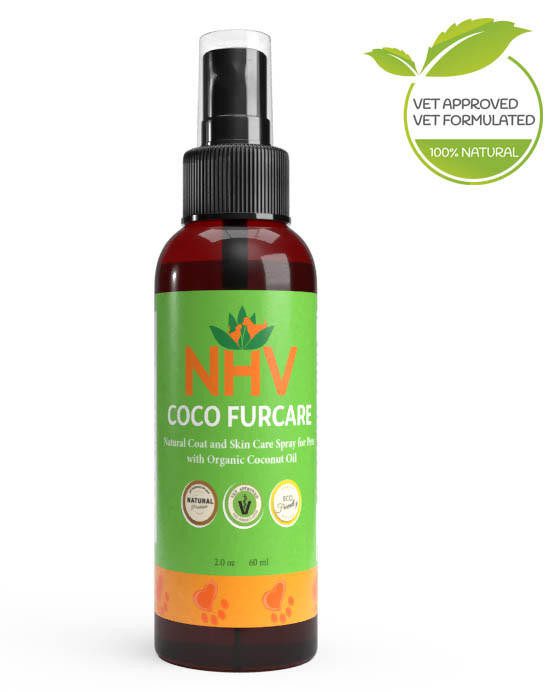
Holistic Dog Fur Care and Skin Supplement
This dog coat and skin supplement is an easy-to-apply topical spray. Coco Furcare for Dogs also helps deter external parasites, helps reduce itching and irritation from skin allergies, and keeps your dog’s coat sleek and healthy, all while keeping your pup smelling fresh and clean.


This dog coat and skin supplement is an easy-to-apply topical spray. Coco Furcare for Dogs also helps deter external parasites, helps reduce itching and irritation from skin allergies, and keeps your dog’s coat sleek and healthy, all while keeping your pup smelling fresh and clean.

Dog coat and skin supplements like Coco Furcare can help improve the shine and luster of your dog’s beautiful fur. Coco Furcare has natural ingredients that soothe the skin, deterring your pet from scratching themselves raw and leaving their skin open to infection. Protection against parasites and skin allergens also reduces itching and the possibility of future hot spots for your dog.
This spray-on supplement is formulated with powerful, all-natural ingredients like Neem leaf, sodium bicarbonate, and Eucalyptus. These ingredients have potent anti-inflammatory, antibacterial, and anti-pest properties that stop the source of any itching and soothe any irritation.
Coco Furcare is also made with ingredients like chamomile for a calming effect, moisturizers like cedarwood, and deodorizers such as lemongrass. All of these natural extracts help to provide comprehensive and effective care for your pet’s skin and coat.
Improper dog fur care and bites from pests like mites and fleas can result in a hot spot. Hot spots occur when a dog itches or obsessively grooms aggravated skin until the area is raw. The introduction of bacteria to the irritated area causes an itchy, infected sore. Hot spots can result in discomfort and induce hair loss. Left untreated, the wound can grow into a severe health concern.
NHV’s dog coat and skin supplements are formulated by veterinarians and herbalists with 20+ years of experience. Call our pet expert hotline and find solutions to your pet’s health concerns.
How to Apply
Lightly spray your pet from back of ears to tail, taking care to avoid the eye area. Brush through coat, repeat as needed.
For Best Results
Herbal dietary supplements are beneficial to the health and well-being of your pet and are safe for long-term use. Every pet responds to natural herbal supplements differently, therefore it is important to be consistent and administer the product daily.
Product Storage
All NHV Natural Pet Products are pure herbal extracts and contain no artificial additives, preservatives or coloring. Shelf life after opening is 2 years and refrigeration not required
Cautions and Contraindications
Avoid contact with eyes. In case of contact with eyes flush thoroughly with water. Keep out of reach of pets and children to avoid possible consumption. Do not use in pregnant or nursing animals. Speak to your vet before using our products. A second visit is recommended if your pet’s condition does not improve, or deteriorates after continued use of the supplements.
All information provided by NHV Natural Pet Products is for educational purposes only.
Dog coat and skin supplements like Coco Furcare can help improve the shine and luster of your dog’s beautiful fur. Coco Furcare has natural ingredients that soothe the skin, deterring your pet from scratching themselves raw and leaving their skin open to infection. Protection against parasites and skin allergens also reduces itching and the possibility of future hot spots for your dog.
This spray-on supplement is formulated with powerful, all-natural ingredients like Neem leaf, sodium bicarbonate, and Eucalyptus. These ingredients have potent anti-inflammatory, antibacterial, and anti-pest properties that stop the source of any itching and soothe any irritation.
Coco Furcare is also made with ingredients like chamomile for a calming effect, moisturizers like cedarwood, and deodorizers such as lemongrass. All of these natural extracts help to provide comprehensive and effective care for your pet’s skin and coat.
Improper dog fur care and bites from pests like mites and fleas can result in a hot spot. Hot spots occur when a dog itches or obsessively grooms aggravated skin until the area is raw. The introduction of bacteria to the irritated area causes an itchy, infected sore. Hot spots can result in discomfort and induce hair loss. Left untreated, the wound can grow into a severe health concern.
NHV’s dog coat and skin supplements are formulated by veterinarians and herbalists with 20+ years of experience. Call our pet expert hotline and find solutions to your pet’s health concerns.
How to Apply
Lightly spray your pet from back of ears to tail, taking care to avoid the eye area. Brush through coat, repeat as needed.
For Best Results
Herbal dietary supplements are beneficial to the health and well-being of your pet and are safe for long-term use. Every pet responds to natural herbal supplements differently, therefore it is important to be consistent and administer the product daily.
Product Storage
All NHV Natural Pet Products are pure herbal extracts and contain no artificial additives, preservatives or coloring. Shelf life after opening is 2 years and refrigeration not required
Cautions and Contraindications
Avoid contact with eyes. In case of contact with eyes flush thoroughly with water. Keep out of reach of pets and children to avoid possible consumption. Do not use in pregnant or nursing animals. Speak to your vet before using our products. A second visit is recommended if your pet’s condition does not improve, or deteriorates after continued use of the supplements.
All information provided by NHV Natural Pet Products is for educational purposes only.
Published: February 3, 2023